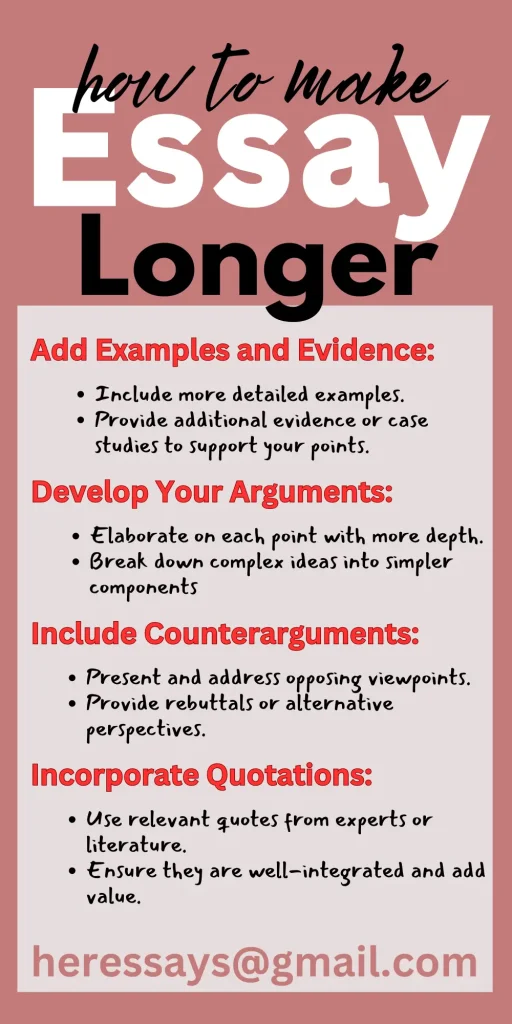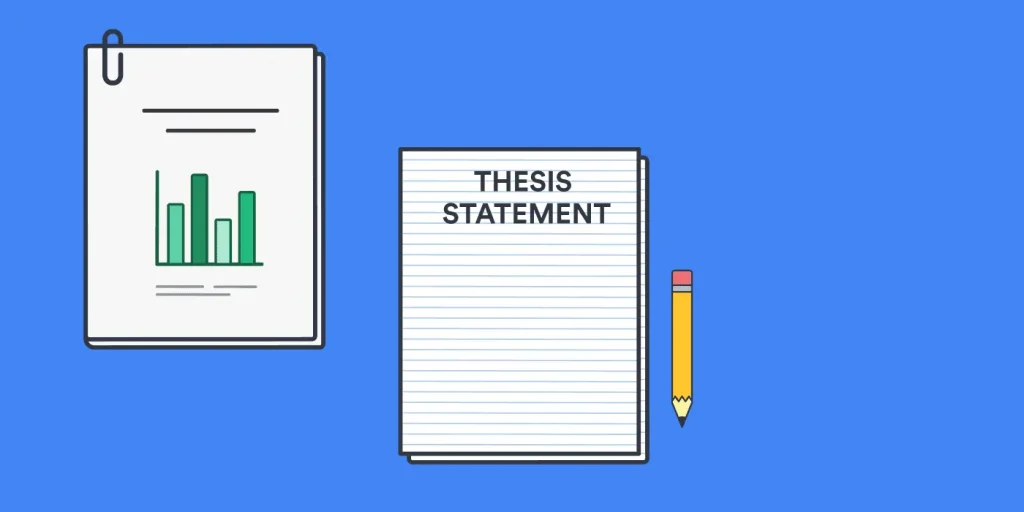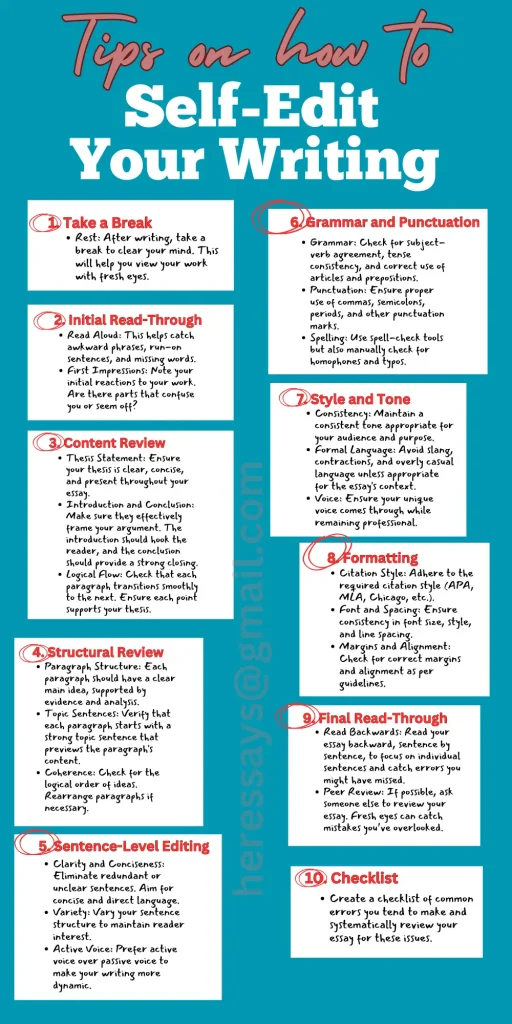
Many students believe that the key to making an essay longer is by adding extra words or using phrases like “very beautiful” instead of “beautiful.” While this approach may add to the word count, it often weakens the quality of the writing. Professors can easily detect “fluff” and may penalize students for poor writing. Instead, the goal should be to extend the essay meaningfully by adding depth and substance. In this article, we’ll explore genuine strategies for making an essay longer while maintaining quality, clarity, and relevance.
1. Expand on Your Thesis Statement
A well-crafted thesis statement sets the tone for your entire essay. To extend your essay, you can revisit your thesis and ask yourself whether you’ve fully explored all aspects of your argument. Can you make your thesis more complex or nuanced? If your original thesis is simple, consider adding a secondary argument or a counterpoint that you will address throughout the essay. This will give you more material to work with and encourage you to delve deeper into your topic.

For example, if your thesis is “Social media has a negative impact on mental health,” you could expand it to something like, “While social media has contributed to mental health challenges, it also offers valuable platforms for mental health support and awareness.” This expanded thesis will require more in-depth discussion and analysis, leading to a longer essay without filler content.
2. Use Examples to Illustrate Points
One of the most effective ways to make your essay longer is by providing examples to support your claims. Examples help clarify complex ideas and give your arguments more weight. If your essay currently lacks examples or only includes one per point, consider adding more to provide a fuller understanding of the issue.
For instance, if you’re writing about climate change, instead of just stating, “Climate change is causing extreme weather patterns,” you could add: “For example, in 2020, Australia experienced one of its worst wildfire seasons in history due to prolonged drought and high temperatures, which scientists attribute to climate change. Similarly, in 2021, the United States saw devastating floods in the Northeast, which experts linked to rising global temperatures.” These examples not only lengthen your essay but also make it more persuasive.
3. Provide More Evidence
In academic writing, supporting your arguments with evidence is essential. To make your essay longer, ensure that each claim you make is backed by sufficient evidence. Go beyond the minimum required sources and add more research, data, or statistics to strengthen your points.

For example, instead of just citing one study to support your argument about the health effects of sugar consumption, you could reference multiple studies from different angles: “A study by Harvard University found that excessive sugar intake increases the risk of cardiovascular disease (Smith, 2020), while a separate study by Johns Hopkins University linked high sugar consumption to an increased likelihood of developing type 2 diabetes (Jones, 2019).” This not only adds length but also credibility to your essay.
4. Develop Counterarguments
A strong essay acknowledges opposing viewpoints and addresses them. By developing counterarguments, you not only add length to your essay but also demonstrate a more sophisticated understanding of the topic. You can devote a section to exploring counterarguments, explaining why some people might disagree with your thesis, and then refuting those points.

For example, if your essay argues that online learning is more effective than traditional classroom learning, you could acknowledge the counterargument that some students may struggle with online learning due to lack of discipline or technological challenges. After presenting this view, you can then refute it by discussing how online learning platforms offer tools to help students stay engaged and how technological literacy is becoming a necessary skill in the modern world.
5. Analyze, Don’t Just Describe
Another way to make your essay longer is by moving beyond simple description and engaging in deeper analysis. Instead of just describing events, ideas, or phenomena, analyze their causes, effects, and implications. Ask yourself the “why” and “how” questions related to your topic. This not only adds to your word count but also makes your essay more insightful and compelling.
For instance, if you’re writing about the industrial revolution, instead of simply stating, “The industrial revolution led to urbanization,” you could analyze how and why it led to urbanization: “The industrial revolution spurred urbanization by creating a demand for factory workers, which led to mass migrations from rural areas to cities. As factories became the dominant mode of production, cities grew rapidly, leading to the development of new social classes and economic systems.”
6. Add Transition Sentences
Transition sentences help guide the reader through your essay, making it easier to follow and more coherent. These sentences can also add to your word count while enhancing the flow of your essay. Transitions between paragraphs should summarize what has just been discussed and hint at what is coming next.
For example, if you’ve just finished a paragraph discussing the environmental impacts of deforestation, you could transition to the next point about wildlife loss with a sentence like: “While the environmental consequences of deforestation are well-documented, the effects on wildlife are equally alarming, particularly for species that rely on forest ecosystems for survival.” This adds a few extra words while making your essay smoother and more logical.
7. Incorporate Quotations
Quotations from experts, scholars, or notable figures can add substance and length to your essay. However, make sure that you’re using quotations strategically, not just to fill space. Choose quotes that are relevant to your argument and that help to illustrate or emphasize a point. After including a quote, explain its significance to your argument to further extend your essay.
For example, if you’re writing an essay on leadership, you might include a quote from John Maxwell: “A leader is one who knows the way, goes the way, and shows the way.” You can then follow up with an analysis of how this quote applies to contemporary leadership models, which extends the length of your essay and adds depth.
8. Break Down Complex Ideas
If your essay includes complex ideas or arguments, take the time to break them down for your reader. Explaining intricate concepts step by step can add length to your essay while ensuring that your audience fully understands your points. You can also provide background information or historical context to give your reader a better understanding of the topic.

For instance, if you’re writing about artificial intelligence (AI), instead of simply stating, “AI is transforming industries,” you could delve deeper into how AI works, its historical development, and specific examples of industries being transformed. This not only adds length but also enriches the quality of your writing.
9. Expand the Introduction and Conclusion
Your introduction and conclusion are two key areas where you can extend your essay. In the introduction, you can provide more context or background information on your topic. You could also include a hook or anecdote that draws the reader in. Similarly, your conclusion should not just restate your thesis but also reflect on the broader implications of your argument, suggest future research directions, or offer a call to action.
For example, in an essay about climate change, you might start with a vivid description of a recent natural disaster linked to climate change, such as a hurricane or wildfire. In the conclusion, you could discuss the importance of immediate action and potential long-term consequences if nothing is done.
10. Clarify Your Definitions
If your essay deals with abstract concepts or specialized terms, take the time to define them clearly. This not only adds length but also ensures that your readers understand the terminology you’re using. Definitions should be more than simple dictionary entries; you can expand them by discussing how the term is used in your specific context.
For example, if you’re writing about justice in a political science essay, you could define justice in various ways — legal, social, and economic justice — and then discuss how each applies to your argument. This adds substance and ensures your readers are on the same page.
11. Revise and Add Content During Editing
Sometimes, the best way to lengthen an essay is to go back during the editing process and add more detail to sections that feel underdeveloped. Ask yourself whether each paragraph fully supports your thesis. Could any point use more elaboration, examples, or analysis? This strategy not only helps you meet the word count but also improves the overall quality of your essay.
For example, if you have a brief paragraph discussing the economic effects of globalization, you could go back and add more specific data, case studies, or examples to strengthen your argument.

12. Use Subheadings in Longer Essays
If your essay is on the longer side, using subheadings can help organize your ideas while also allowing for natural expansion of each section. Subheadings break up the text and allow you to elaborate on each section more clearly. Each subheading should introduce a new argument or point, and this can help you structure your essay more effectively.
For instance, if you’re writing about renewable energy, you could use subheadings such as “Solar Energy,” “Wind Power,” and “Hydropower” to break down the different types of renewable energy sources. Each section can then be expanded with more details, evidence, and examples.
Conclusion
Making an essay longer does not have to mean adding unnecessary words or phrases. By expanding on your thesis, providing examples and evidence, analyzing rather than describing, and considering counterarguments, you can meaningfully increase the length of your essay while improving its quality. Additional strategies like using quotations, expanding your introduction and conclusion, and clarifying definitions help enrich your writing. Remember, the goal is to enhance your argument and provide deeper insight, not to pad your essay with filler. By following these tips, you can meet your word count requirements in a thoughtful and effective manner.